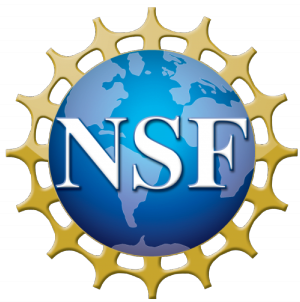May 9th, 2022 | EVALUATION
The Museum of Science in Boston, Massachusetts is one of the world’s largest science centers and the most visited cultural institution in New England. Located in Science Park, a piece of land that spans the Charles River, the museum is conveniently situated close to Boston and Cambridge. The museum has more than 700 interactive exhibits and a number of live presentations offered daily. One of these daily shows include live animal presentations, where museum visitors can learn more about some of the many animals that the museum cares for in its live animal center. An evaluation of these live animal shows was conducted in order to collect information about the museum visitors attending the shows and in order to contribute to continued improvement of the live animal presentations.
Document
MoS-Stage-Presentations-Formative-Evaluation-Final-Report-1-1.pdf
Team Members
Sarah Rosenthal, Evaluator, Harvard Graduate School of EducationKristina Ohl, Evaluator, Harvard Graduate School of Education
Sadia Sehrish Islam, Evaluator, Harvard Graduate School of Education
María José Brito Páez, Evaluator, Harvard Graduate School of Education
Tags
Audience: Elementary School Children (6-10) | Evaluators | Families | Middle School Children (11-13) | Museum | ISE Professionals | Parents | Caregivers | Youth | Teen (up to 17)
Discipline: Life science
Resource Type: Evaluation Reports | Formative | Interview Protocol | Observation Protocol | Research and Evaluation Instruments
Environment Type: Aquarium and Zoo Exhibits | Aquarium and Zoo Programs | Exhibitions | Museum and Science Center Exhibits | Museum and Science Center Programs | Public Programs

